Opinion / Why Mercedes-Benz EQXX could be the brand’s most important car in history: the futuristic electric vehicle (EV) concept aims to rival Elon Musk’s Tesla – but will it actually enter production?

This article is part of STYLE’s Inside Luxury column
In the history of transport, there has always been controversy. When the first motor cars showed up a little more than a hundred years ago, horse-carriage fans were slamming these new vehicles as dangerous, and especially the speeds of 10 miles (16km) per hour or more where perceived as being bad for health. Seat belts, when they first appeared in the 1950s, had many critics as well. Whining about electric cars reminds me of these discussions. And the leaders of today shaped the future anyway, despite the naysayers.
Why isn’t the redesigned 2022 Mercedes-AMG SL electric?
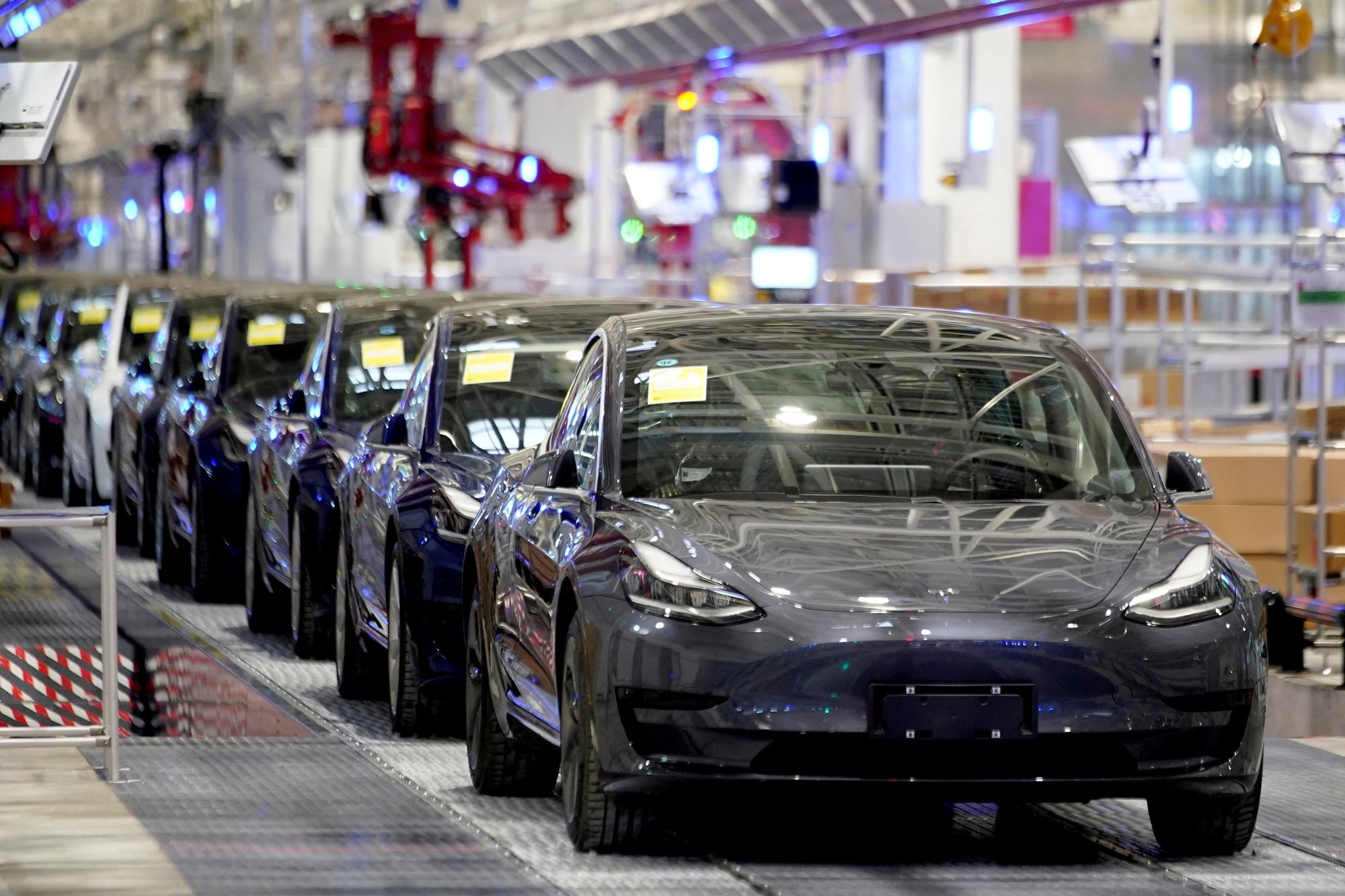

In contrast to the EV hype, many petrol car makers saw their numbers declining significantly. In the US market, General Motors, a company that remains extremely dependent on large gas guzzling trucks and heavy SUVs, lost its No 1 position to Toyota with its hybrid-dominated fleet, an alarming signal for companies that are still heavily invested in traditional petrol cars.
The chip shortage is – of course – a welcomed and expected excuse for underperformance, but Tesla’s rapid expansion shows that consumer demand tells a different story. Consumers love electric vehicles. And once someone switches from petrol to electric, they typically never move back. It’s not far-fetched to assume that Tesla could become the largest car company in the world by the end of this decade.
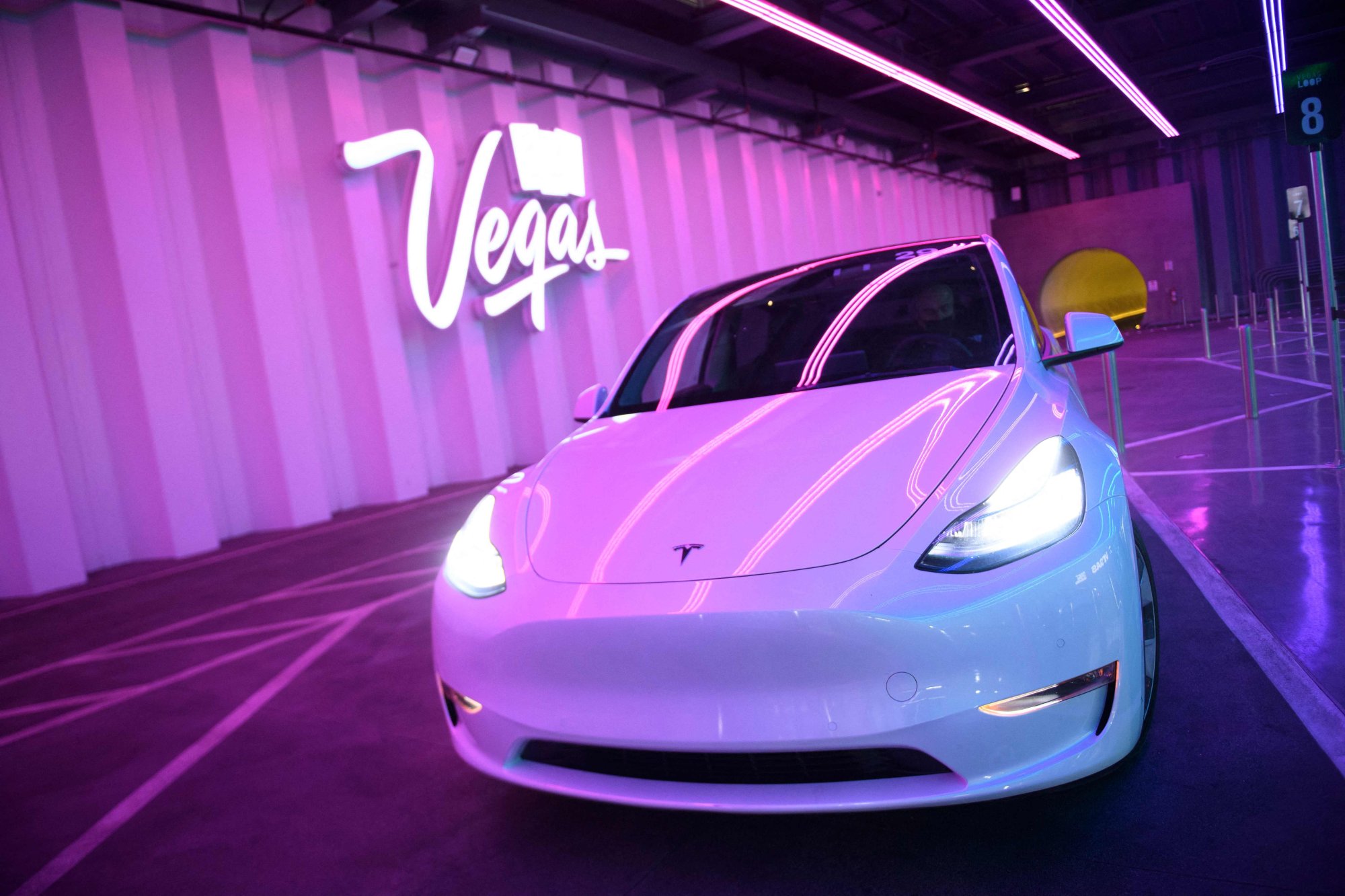
Why are electric vehicles the new darlings of luxury cars? It’s a combination of convenience (remember – no more gas station visits), head spinning acceleration and driving fun (ever tried to drive a Tesla and immediately afterwards even a sporty version of a high-end petrol car? If not, you should try…), zero tailpipe emissions, higher efficiency, and low maintenance (think: the absence of yearly oil changes, engine inspections, and emission tests). Range anxiety – the fear of driving an electric vehicle and running out of power – is not an issue any more in most places. Prices are already declining rapidly.
The one thing luxury hotels and restaurants always get wrong
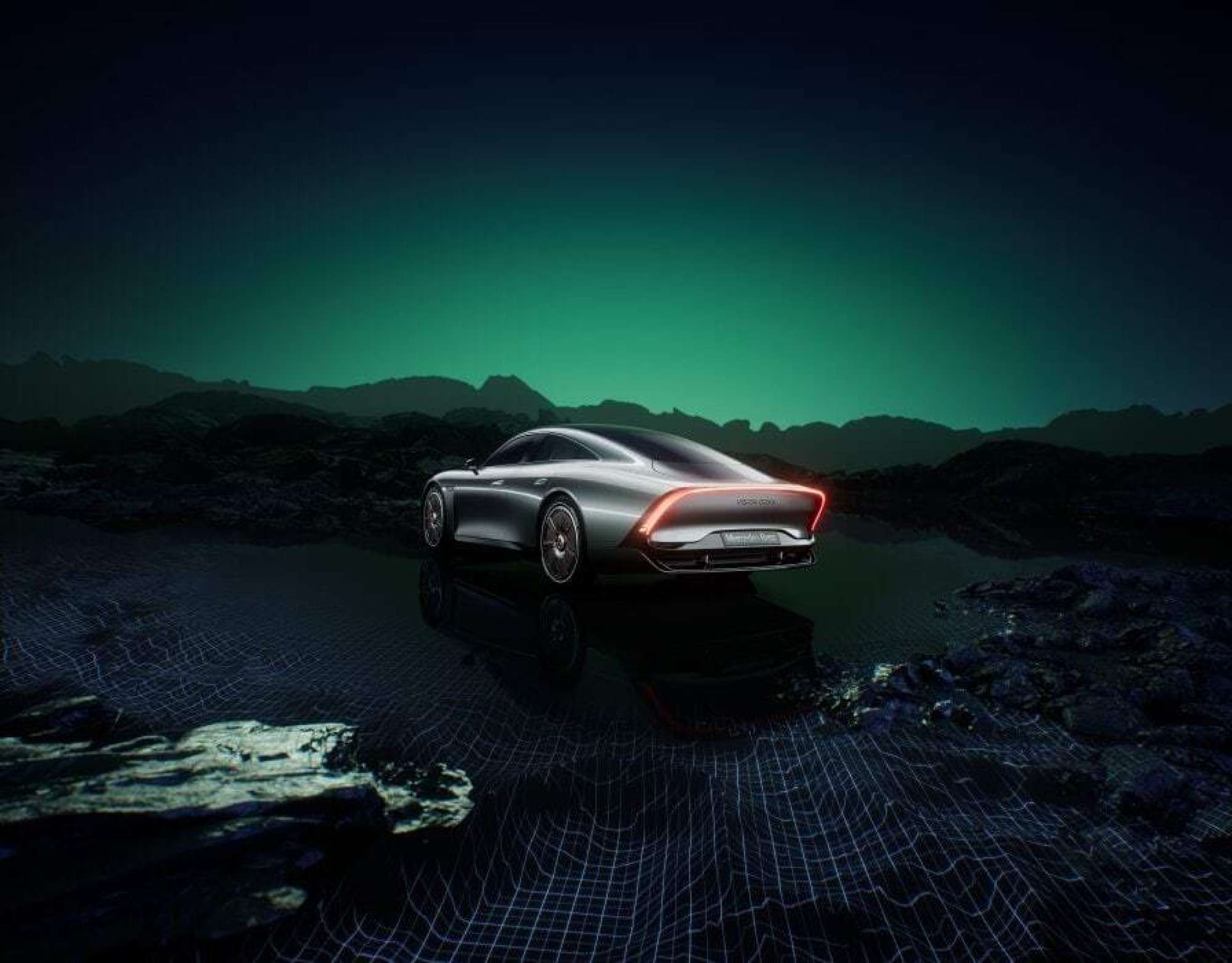
However, when it came to EVs, Mercedes started incredibly slow. Over many years, the EV portfolio consisted merely in announcements and show cars that never saw the light of day. I will never forget the Silver Arrow at the Seoul Motor show some years ago – that was so awkward, probably with the objective – to deflect from not having a competitive EV portfolio. Today, it’s a forgotten “one pony” show car.
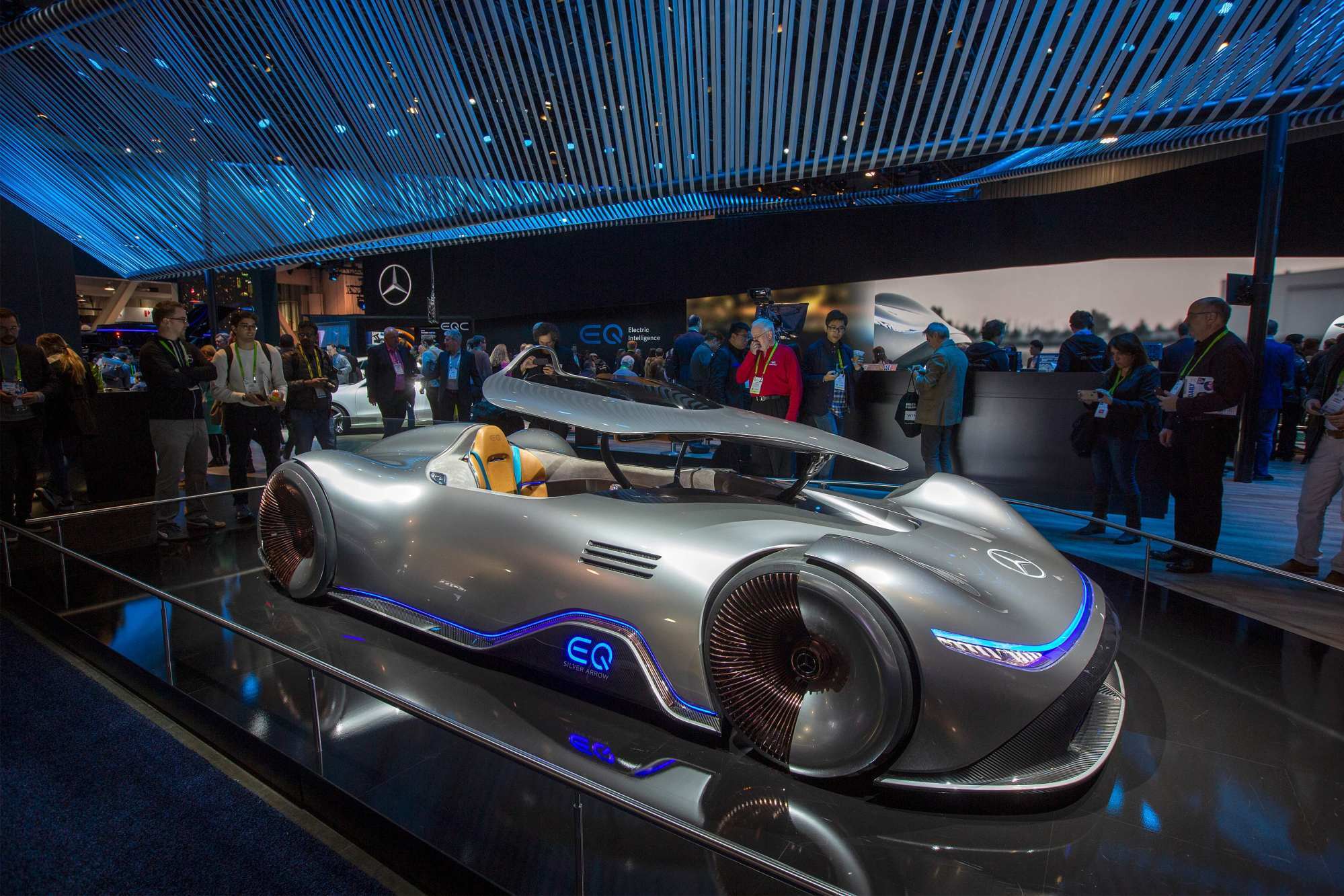
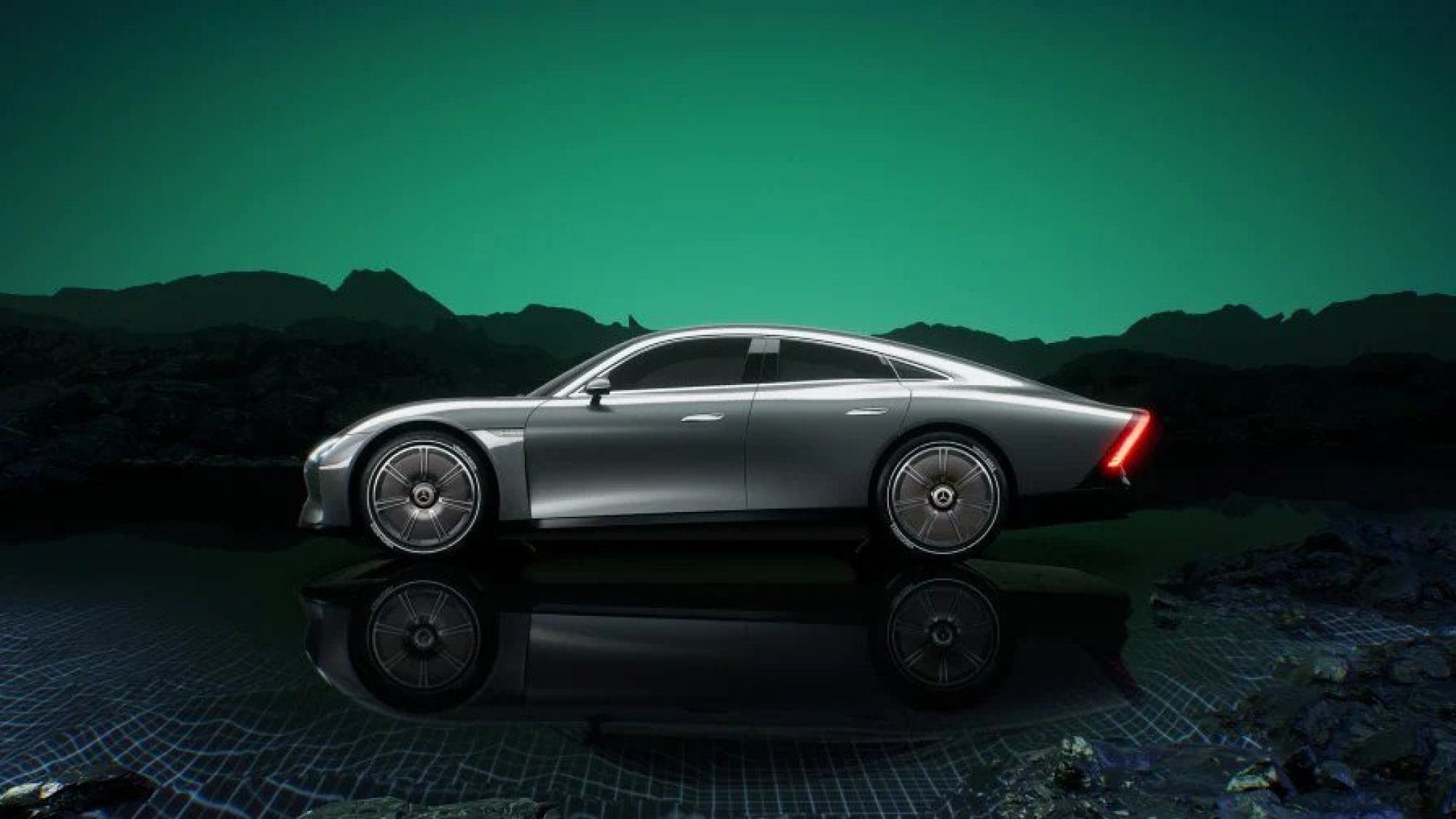
The new EQXX, albeit still a “concept car”, is the first serious attempt to change the game and to charge forward, so to speak. It achieves a historically low drag coefficient of just 0.17, less than a football, which is an incredible engineering marvel. Combined with highly efficient next generation electric drivetrains and other optimisations, the range exceeds for the first time for an electric car 600 miles (1,000km). It makes a trip from Paris to London and back on one charge a real-world option. The design is stunning, pre-empting the future design language of Mercedes: sleek, sexy, futuristic, yet luxurious and elegant. It is a bold statement.
Is space the next frontier of luxury? Bezos, Musk and Branson seem to think so
Luxury is not what companies intend; it is what consumers feel. And my research on luxury has shown that a critical driver of luxuriousness is the perception of uniqueness, of being inspirational, bold, rule-breaking and innovative. Followers are seldom perceived as a “must have”, highly desired luxury brand. Leaders are.

This leaves only one request. Mercedes would be crazy not to launch this car as soon as possible beyond a concept status. It is the game-changer that the brand needed to set the tone in the category and to propel itself back into an innovation leader. And there is no alternative. The future is electric and the players of today must decide which role they want to have in this new reality. A message for head of Mercedes-Benz, Ola Källenius: now it’s time to show the world again that Mercedes is still the best or nothing – bring the EQXX on the road before others get the laurels of breaking the 1,000km barrier with cars that consumers can buy! It could be the brand’s most important car in history.

- The sleek new electric concept car can travel over 600 miles (1,000km) on one charge – a distance equivalent to the drive from Paris to London and back
- Tesla’s US sales surpassed Mercedes, BMW, Audi and Lexus at one point, marking the first time that an electric car brand has dominated the luxury car market